Trump Dominates NATO Agenda: A One-Man Show?
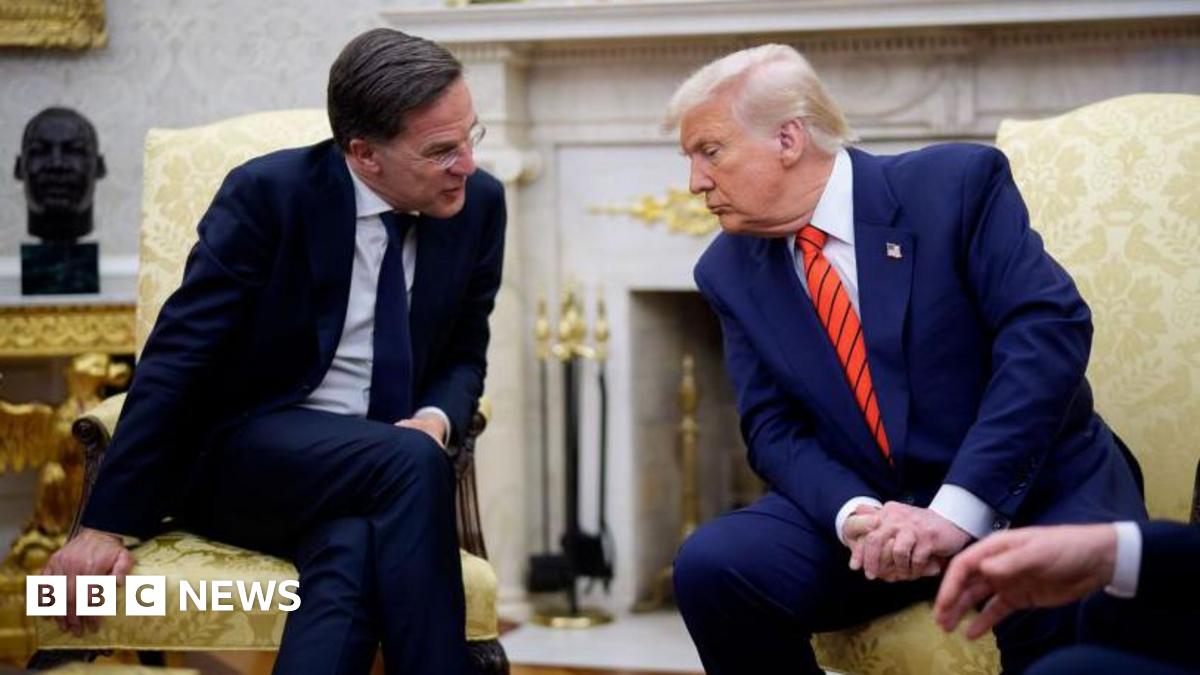
Welcome to your ultimate source for breaking news, trending updates, and in-depth stories from around the world. Whether it's politics, technology, entertainment, sports, or lifestyle, we bring you real-time updates that keep you informed and ahead of the curve.
Our team works tirelessly to ensure you never miss a moment. From the latest developments in global events to the most talked-about topics on social media, our news platform is designed to deliver accurate and timely information, all in one place.
Stay in the know and join thousands of readers who trust us for reliable, up-to-date content. Explore our expertly curated articles and dive deeper into the stories that matter to you. Visit Best Website now and be part of the conversation. Don't miss out on the headlines that shape our world!
Table of Contents
Trump Dominates NATO Agenda: A One-Man Show?
The 2018 NATO Summit in Brussels was overshadowed by one man: Donald Trump. His unpredictable behavior and controversial statements dominated headlines, leaving many questioning the future of the alliance and its ability to function effectively amidst such strong personality clashes. Was it a triumph of American unilateralism, or a dangerous fracturing of a vital international partnership?
The summit, intended to focus on combating terrorism and Russian aggression, was instead consumed by Trump's demands for increased defense spending from member nations. His public criticism of allies, particularly Germany, for their perceived insufficient contributions fueled tensions and cast a long shadow over proceedings. The resulting narrative focused less on collective security and more on the transactional nature of the US relationship with its European counterparts.
<h3>Trump's Demands and the Transatlantic Rift</h3>
Trump's relentless pressure on NATO allies to meet the 2% GDP target for defense spending became the defining characteristic of the summit. While the target itself isn't new – it was agreed upon in 2014 – Trump's aggressive pursuit of it created a sense of crisis and resentment. He publicly berated several leaders, accusing them of taking advantage of the United States. This approach highlighted a fundamental difference in approach: Trump viewed NATO through a purely transactional lens, while many allies emphasized the importance of collective security and burden-sharing within a broader strategic framework.
This difference in perspective led to several key disagreements:
- The 2% GDP target: While many allies are working towards this goal, the timeframe and specific methods remain points of contention. Trump's insistence on immediate and significant increases strained relationships.
- Burden-sharing: The debate over who bears what responsibility for collective defense extended beyond simple financial contributions. Questions around troop deployments, intelligence sharing, and commitment to collective action fueled ongoing tension.
- Trade disputes: Trump's simultaneous trade disputes with several European nations further complicated the relationship, casting doubt on the long-term commitment of the US to the transatlantic alliance.
<h3>Beyond the Headlines: The Broader Implications</h3>
The spectacle of Trump dominating the NATO agenda had significant implications beyond the immediate summit. It raised serious questions about:
- NATO's future: The summit highlighted the fragility of the alliance in the face of internal disagreements and the unpredictable behavior of a key member. Concerns arose regarding the long-term viability of the organization and its capacity to respond effectively to global threats.
- Transatlantic relations: Trump's actions damaged trust and goodwill between the US and its European allies, creating uncertainty about the future of the transatlantic partnership. This rift has far-reaching consequences, impacting everything from trade to security cooperation.
- Global leadership: The events in Brussels raised questions about American global leadership and its commitment to multilateralism. Trump's unilateralist approach challenged the established norms of international cooperation, creating a power vacuum that other nations may attempt to fill.
<h3>Looking Ahead: Repairing the Damage?</h3>
The impact of Trump's actions at the 2018 NATO summit continues to resonate today. While subsequent administrations have attempted to mend fences and reaffirm the importance of the alliance, the damage inflicted remains significant. The incident serves as a stark reminder of the complexities of international relations and the importance of maintaining trust and cooperation amongst allies. The future of NATO, and indeed the transatlantic relationship, remains deeply intertwined with the choices made by both the United States and its European partners. The challenge now lies in rebuilding trust and reaffirming the shared commitment to collective security. The question remains: can the alliance overcome the divisions and uncertainties fueled by this pivotal moment?
(Note: This article provides a balanced overview of the 2018 NATO summit. Further research into specific events and statements from the period is encouraged.)

Thank you for visiting our website, your trusted source for the latest updates and in-depth coverage on Trump Dominates NATO Agenda: A One-Man Show?. We're committed to keeping you informed with timely and accurate information to meet your curiosity and needs.
If you have any questions, suggestions, or feedback, we'd love to hear from you. Your insights are valuable to us and help us improve to serve you better. Feel free to reach out through our contact page.
Don't forget to bookmark our website and check back regularly for the latest headlines and trending topics. See you next time, and thank you for being part of our growing community!
Featured Posts
-
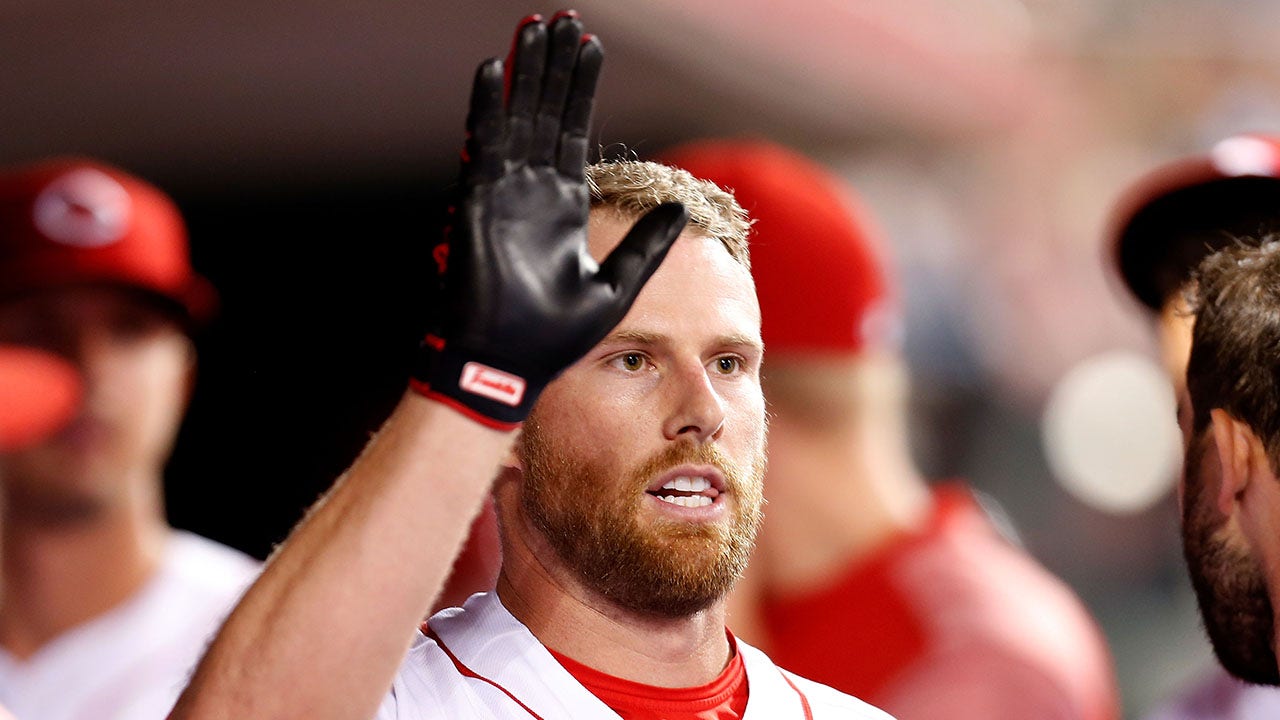 Former Mlb Star Denounces Trump War Would End Support
Jun 22, 2025
Former Mlb Star Denounces Trump War Would End Support
Jun 22, 2025 -
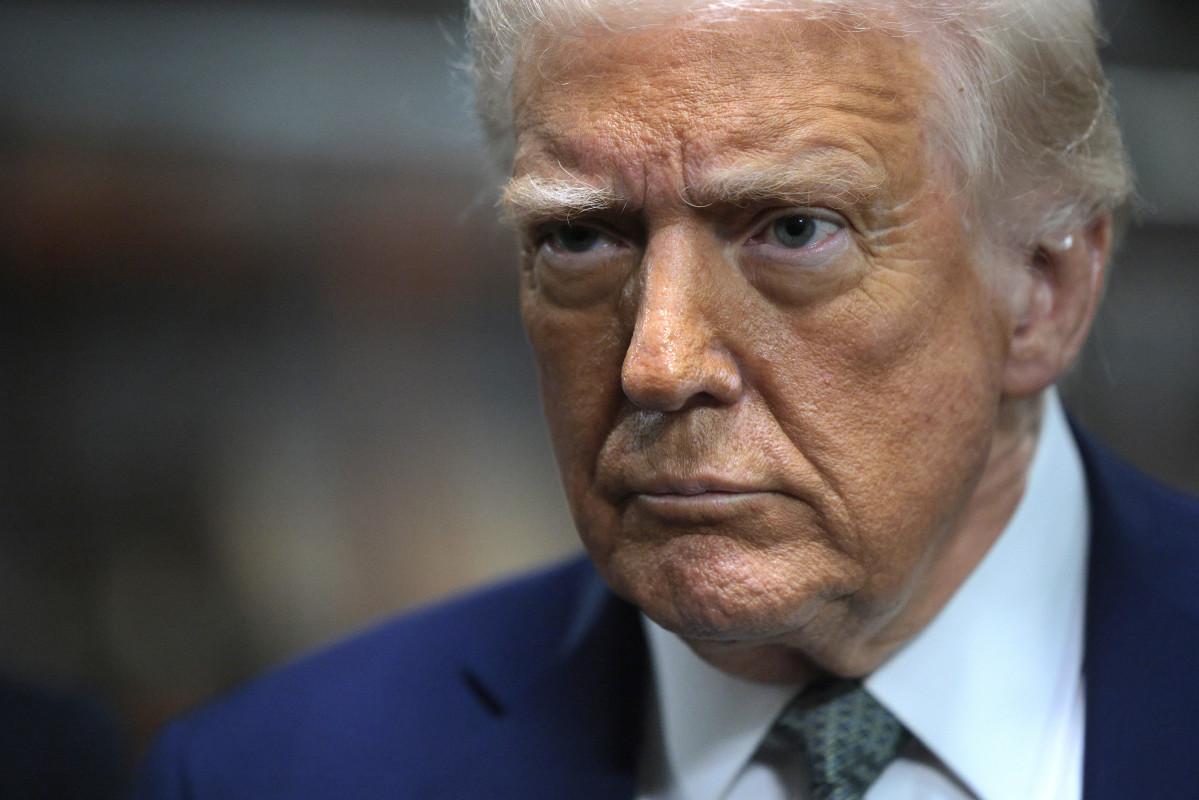 U S War Could Lead To Major Shift In Former Mlb Players Political Allegiance
Jun 22, 2025
U S War Could Lead To Major Shift In Former Mlb Players Political Allegiance
Jun 22, 2025 -
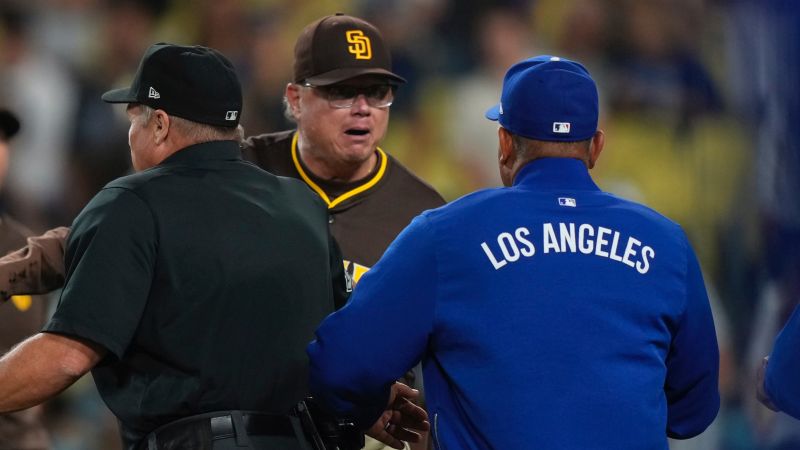 Tensions Boil Over Mlb Announces Suspensions In Dodgers Padres Series Finale
Jun 22, 2025
Tensions Boil Over Mlb Announces Suspensions In Dodgers Padres Series Finale
Jun 22, 2025 -
 Lockheed Martin Stock How Much Would Your Investment Be Worth Today
Jun 22, 2025
Lockheed Martin Stock How Much Would Your Investment Be Worth Today
Jun 22, 2025 -
 Megan Fox And Mgk Welcome Baby Girl Daughters Name Revealed
Jun 22, 2025
Megan Fox And Mgk Welcome Baby Girl Daughters Name Revealed
Jun 22, 2025
Latest Posts
-
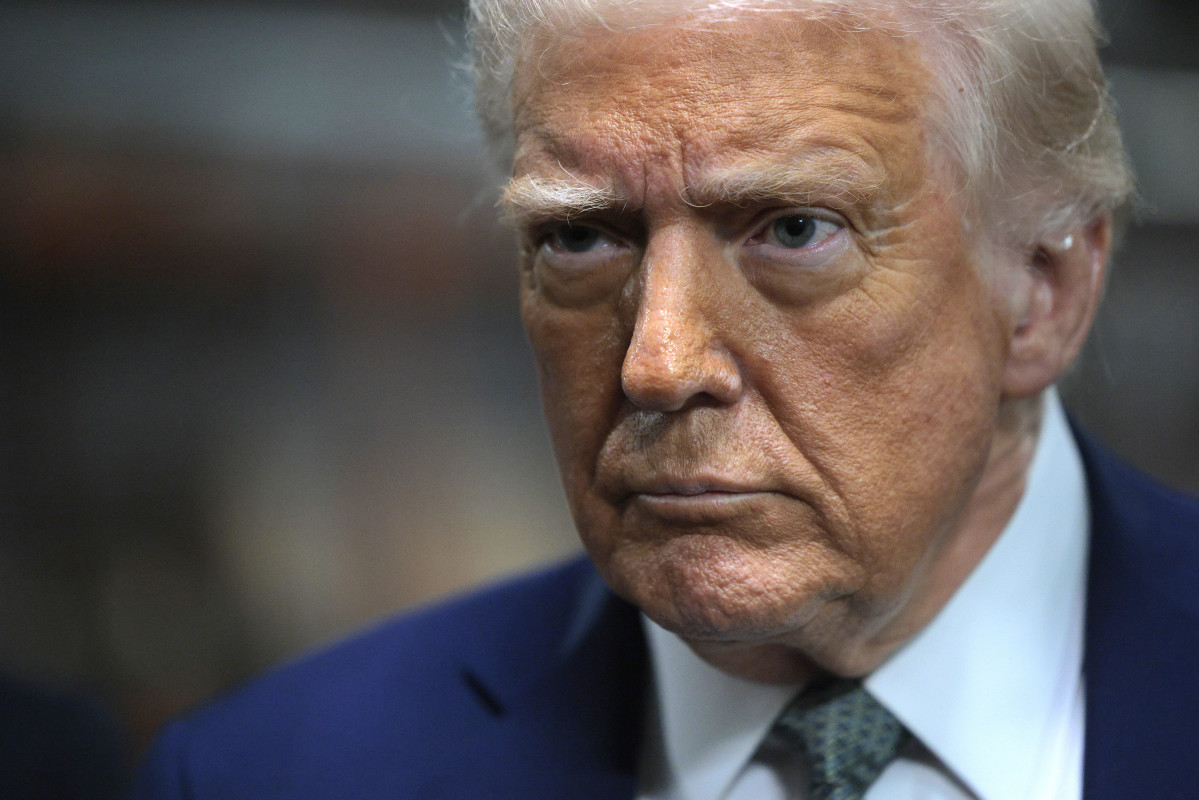 Breaking Ex Mlb Player Issues Ultimatum To President Trump Over War
Jun 22, 2025
Breaking Ex Mlb Player Issues Ultimatum To President Trump Over War
Jun 22, 2025 -
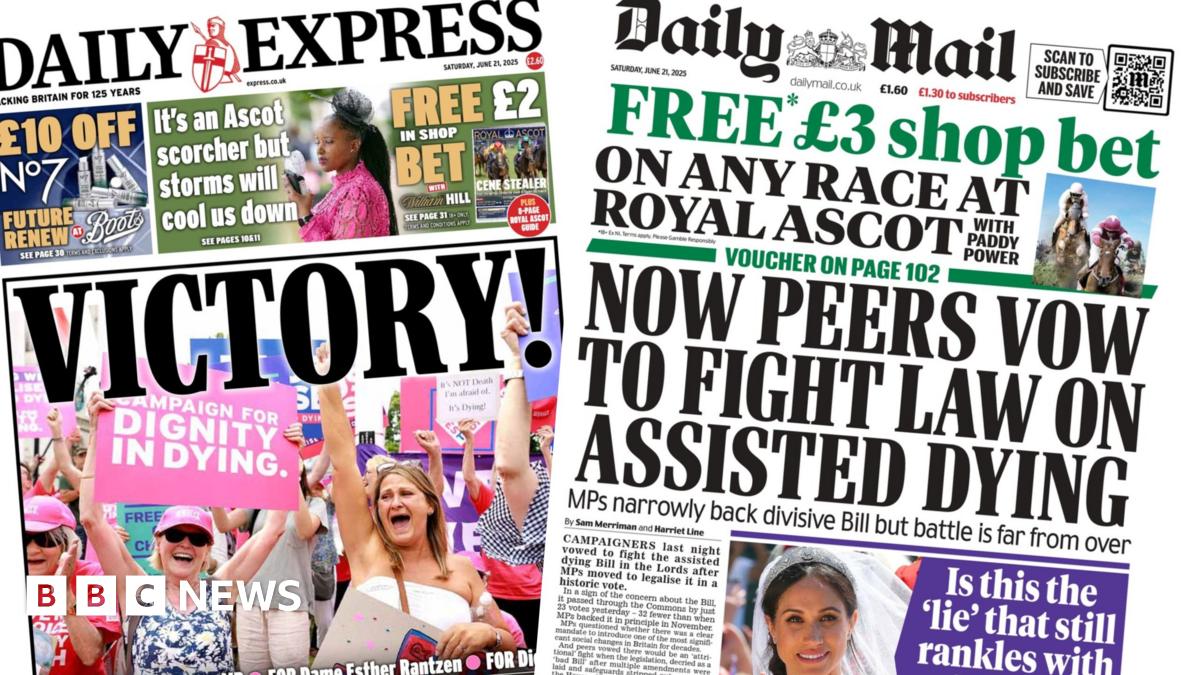 Newspapers Weigh In Progress And Setbacks In The Assisted Dying Movement
Jun 22, 2025
Newspapers Weigh In Progress And Setbacks In The Assisted Dying Movement
Jun 22, 2025 -
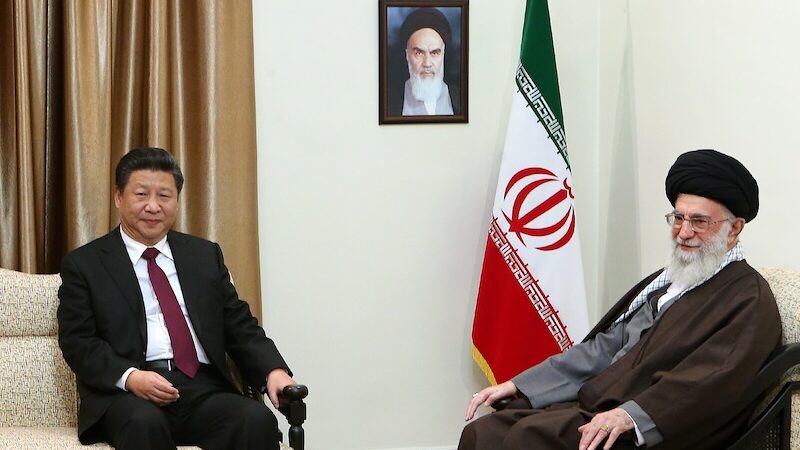 Chinas Gains From Americas Middle East Quagmire
Jun 22, 2025
Chinas Gains From Americas Middle East Quagmire
Jun 22, 2025 -
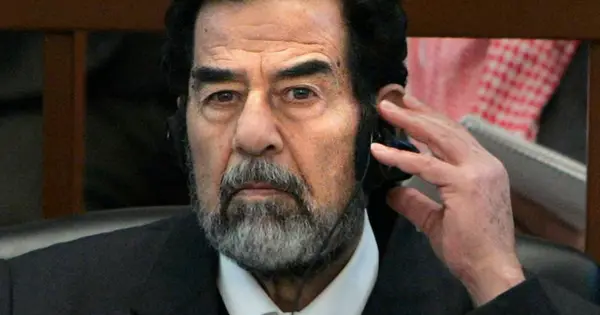 Mossads Operation Bramble Bush Saddam Hussein Failed Assassination And The Tze Elim Bet Tragedy
Jun 22, 2025
Mossads Operation Bramble Bush Saddam Hussein Failed Assassination And The Tze Elim Bet Tragedy
Jun 22, 2025 -
 Megan Fox And Mgk Finally Share Their Baby Daughters Name
Jun 22, 2025
Megan Fox And Mgk Finally Share Their Baby Daughters Name
Jun 22, 2025
